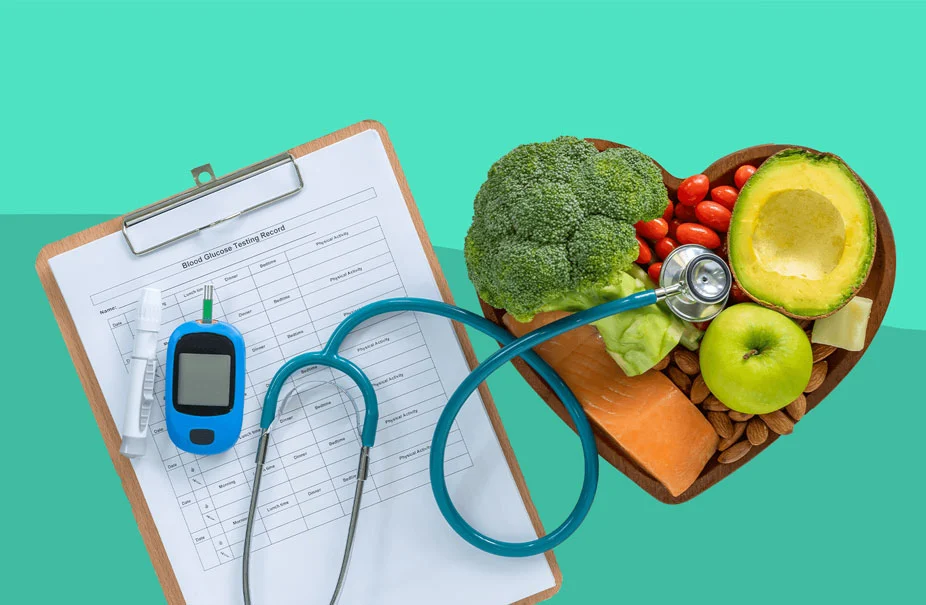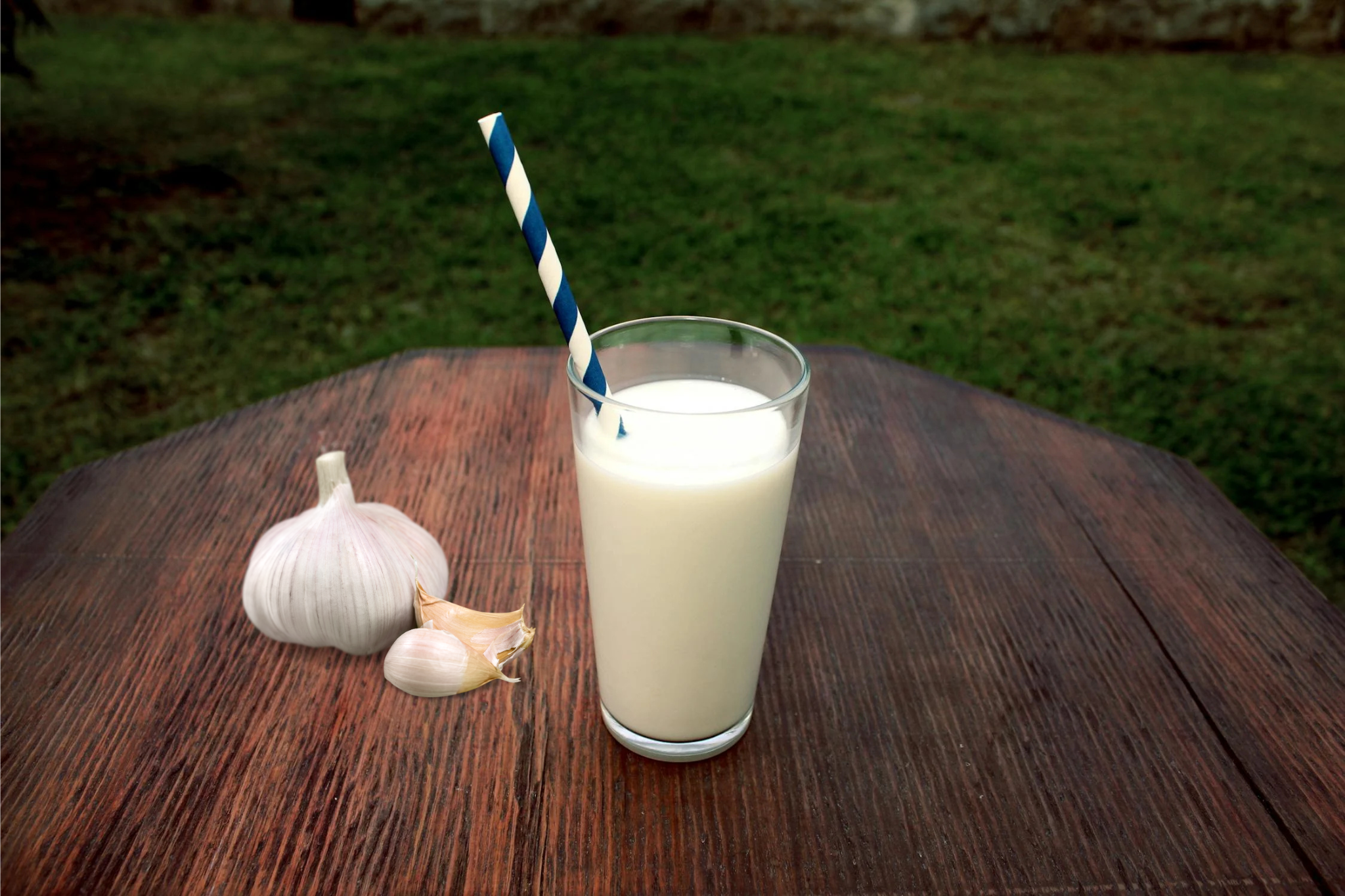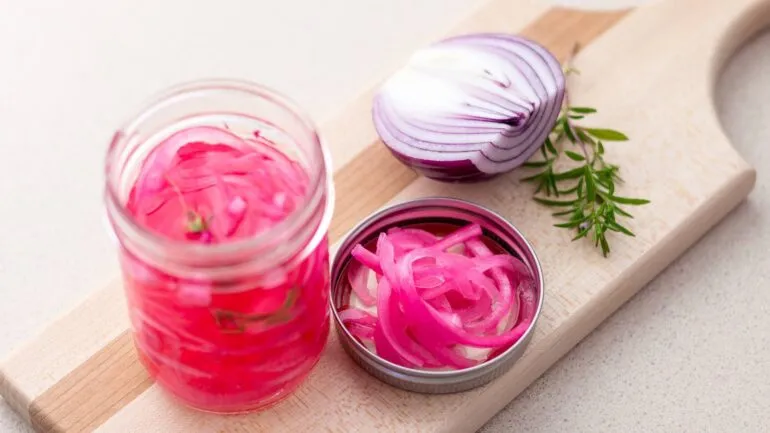If you’ve ever had a sharp pain in your big toe or persistent joint stiffness, your first thought might not have been “Uric acid?” But high uric acid could be the culprit.
Many people live with elevated uric acid without knowing it—and it can quietly affect your body in ways you don’t expect.
I’ve seen clients stressed and frustrated by sudden flare-ups, worried about medication, diet restrictions, and lifestyle changes.
So let’s break it down together—what high uric acid really does, how to spot it, and how to manage it effectively.
What Uric Acid Actually Is?
Uric acid is a chemical created when your body breaks down purines—substances found in certain foods (think red meat, organ meats, seafood) and also naturally produced in your body.
Normally, uric acid dissolves in your blood and exits through urine.
When it builds up, though, it can lead to problems.
Your body literally has too much of its own waste floating around. Sounds unpleasant? That’s because it is—if it goes unchecked.
Causes of High Uric Acid
High uric acid, or hyperuricemia, can happen for several reasons:
- Dietary choices: High intake of purine-rich foods, sugary drinks, and alcohol
- Genetics: Some people naturally produce more uric acid or have kidneys that remove it less efficiently
- Medical conditions: Obesity, high blood pressure, diabetes, and kidney problems
- Medications: Certain diuretics or chemotherapy drugs
- Dehydration: Less water = less uric acid excretion
Basically, it’s a combination of lifestyle, genetics, and sometimes medical factors.
Symptoms of High Uric Acid You Shouldn’t Ignore
Here’s where it gets real. High uric acid doesn’t always announce itself… until it does, often painfully:
1. Joint pain and swelling
Sudden, severe pain—especially in your big toe—is classic. But wrists, knees, and elbows can flare as well. It’s often red, warm, and swollen.
2. Tophi – uric acid deposits
If high uric acid continues unchecked, crystals can form under your skin, creating small, firm lumps called tophi, usually around joints.
3. Kidney stones
Excess uric acid can accumulate in your kidneys, forming stones that cause severe back pain, nausea, and difficulty urinating.
4. Fatigue or mild discomfort
Sometimes you just feel off—a dull ache in joints or mild swelling. People often ignore this until a big flare hits.
⚠️ Complications if High Uric Acid Is Left Untreated
Ignoring high uric acid can snowball into serious health issues:
- Chronic gout attacks – recurring painful episodes
- Joint damage – untreated tophi can erode cartilage and bone
- Kidney damage – stones or chronic kidney disease
- Heart disease risk – studies link hyperuricemia with hypertension and cardiovascular issues
So it’s not just a minor nuisance—it can affect your entire body.
How Diet and Lifestyle Affect Uric Acid?
Managing uric acid is often a combination of what you eat, how much you drink, and how active you are.
Foods to limit
- Red meat, organ meat, and certain seafood (anchovies, sardines, shellfish)
- Sugary beverages, especially soda
- Alcohol—especially beer
Foods to embrace
- Low-fat dairy (yogurt, milk)
- Fresh fruits and vegetables (cherries, berries, leafy greens)
- Whole grains
- Water (hydration helps kidneys flush uric acid)
Lifestyle habits
- Maintain healthy weight
- Exercise regularly (but avoid extreme fasting or sudden weight loss, which can spike uric acid)
- Manage stress, as cortisol can affect metabolism
Natural Remedies and Practical Tips
Here’s what works in real life:
- Stay hydrated – aim for at least 8–10 glasses/day.
- Lemon water – yes, the acidity can help alkalize your urine slightly, aiding uric acid excretion.
- Cherry juice or fresh cherries – anti-inflammatory properties may reduce gout flare-ups.
- Avoid crash diets – slow, steady weight loss is key.
- Limit alcohol – particularly beer. Red wine in moderation is usually safer.
Real-Life Story: Living with High Uric Acid
I once worked with Raj, a 42-year-old software engineer. He ignored mild toe pain for months, thinking it was from shoes.
One day, he woke up unable to walk. His uric acid was sky-high.
Together, we worked on a gradual plan: hydration, diet changes, adding cherries and low-fat dairy, and moderate exercise.
Within 6 months, his uric acid normalized, flare-ups stopped, and he could walk comfortably again.
Lesson? It’s manageable—but only if you take it seriously.
When to See a Doctor?
High uric acid sometimes requires medical intervention:
- Persistent pain, swelling, or joint redness
- Kidney stones or urinary issues
- Blood tests confirming hyperuricemia
- If you have other health conditions (hypertension, diabetes, kidney disease)
Doctors may recommend medications (allopurinol, febuxostat) alongside lifestyle changes.
FAQs
Can high uric acid cause heart problems?
Yes, studies link hyperuricemia with a higher risk of hypertension and cardiovascular disease.
Does drinking water help reduce uric acid?
Absolutely. Proper hydration helps the kidneys flush excess uric acid.
Can cherries really help?
Yes, cherries contain anti-inflammatory compounds that may reduce gout flare-ups.
Is high uric acid the same as gout?
Not always. High uric acid (hyperuricemia) can exist without gout, but it increases the risk of developing it.
How often should I check my uric acid levels?
If you have risk factors, check every 6–12 months. More frequent testing may be needed if you’ve had gout attacks or kidney stones.
Quick links:
- Does Drinking Beer Help With Kidney Stones? A Nutritionist Explains
- Does Eating Cashew Leads To High Cholesterol? Fact Or Myth?
Conclusion – Take Charge of Your Uric Acid
High uric acid is not something to ignore. Left untreated, it can hurt your joints, kidneys, and even heart.
But here’s the good news: with the right diet, hydration, lifestyle habits, and medical support when needed, you can control your uric acid and prevent complications.
Start small: drink water, eat more fruits and vegetables, limit red meat and sugary drinks. Track symptoms. And listen to your body—it’s smarter than you think.








